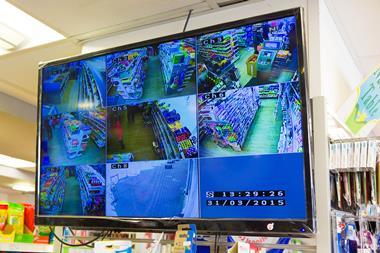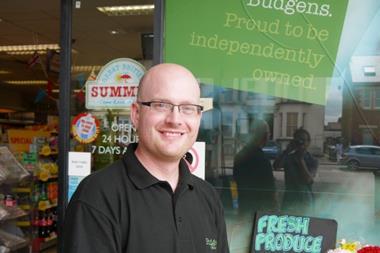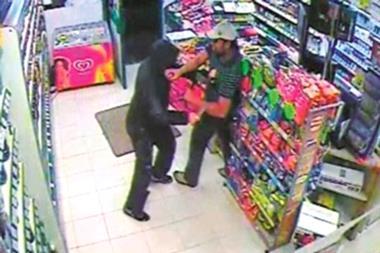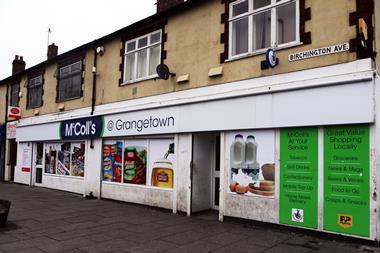Running a c-store involves long hours and precious little downtime, so it’s no wonder that contacting the authorities every time a crime takes place in their store isn’t always a top priority for c-store owners.
With all the other red tape to trawl through, justifying time spent on the phone or making a statement to the police can be difficult, especially when it’s for an incident that may be perceived as a minor transgression and will bring little chance of payback to the retailer.
However, without this vital part of the process, the police won’t know that an incident has taken place, the criminals are free to do it again, and time and money has been taken from your business without any reprisal.
Reporting crimes to the police helps them to understand the threats being faced by retailers and builds a more accurate picture of crime in a given area.
Association of Convenience Stores (ACS) chief executive James Lowman believes retailers should report every incident that takes place. “Retailers and their staff should make every effort to report crimes against their business. If it isn’t reported it will continue and escalate,” he says.
What you can do:
Make a submission to the Association of Convenience Stores’ crime reporting survey. Deadline for submissions is July 8. Go to www.surveymonkey.com/s/2Z2B9S9
Report every crime, no matter how insignificant it may seem. The only way that authorities can efficiently tackle business crime is for there to be accurate and up-to-date statistics on the issue
Build a working relationship with your local police force to find out what you can do to help. If there are strong lines of communication between you and them, it will be easier to report incidents that take place in your store.
The ACS is compiling a study of crime reporting and is urging retailers and shopworkers to let them know how crime is reported in their store and the reasons it might be going unreported. The deadline for submissions to the survey has been extended to July 8 so there’s still time to make your experiences count.
Lowman says shopworkers aren’t reporting crime because they are sceptical that anything will be done and their actions may even come back to haunt them. “We believe that store workers are hesitant to report crimes due to a lack of confidence in police response, fear of reprisals or lack of training,” he says.
Head of the All Party Parliamentary Group on Retail and Business Crime Mike Weatherley MP agrees that retailers are wary of reporting crimes as they aren’t sure it’s worth the effort. “There is a perception that there is an inadequate amount done compared with the amount of time and effort it takes to report a crime,” says Weatherley. “This needs to change.”
Lowman adds that cultivating a good relationship with the local police can help overcome this, and if a business is in regular contact it makes it easier to report an incident that may have previously deemed ‘low-level’.
“I cannot stress enough the importance of building a good relationship with your neighbourhood policing team by inviting them to your store and regularly attending Beat Meetings,” he says. “It makes it easier to approach them when an incident occurs.”






















No comments yet